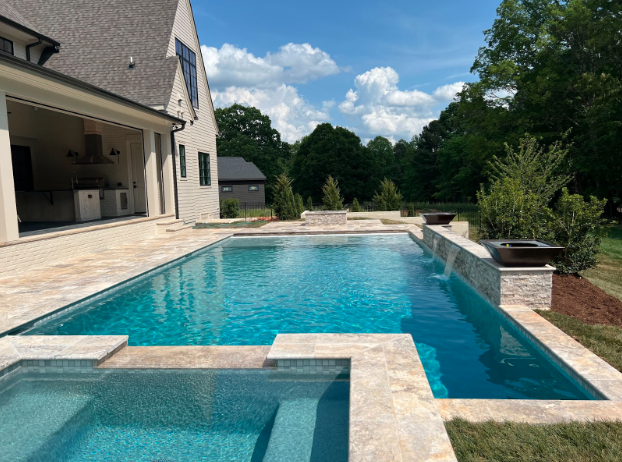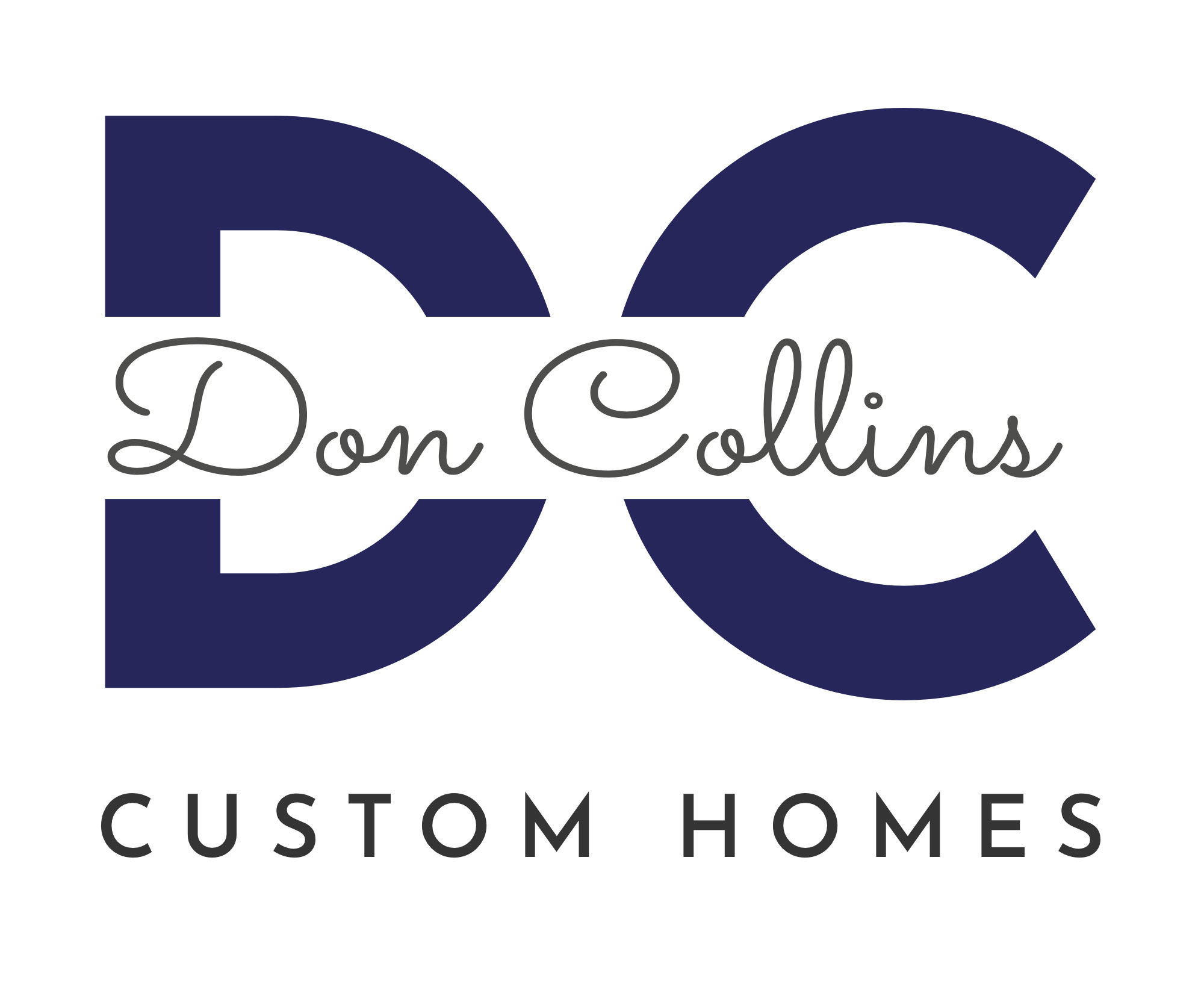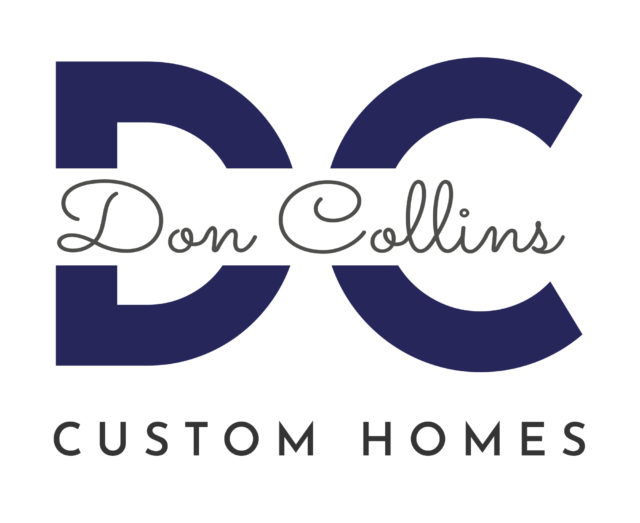There aren’t many things that come close to having your own private oasis in your own backyard. A private in-ground pool can certainly transport you to a world of relaxation that solely belongs to you.
So, what is stopping you from creating a vacation destination right in your backyard: a simple decision, what kind of in-ground pool you are going to build.
There are three general types of in-ground pools:
- Fiberglass
- Vinyl
- Concrete
FIBERGLASS
A fiberglass swimming pool is commonly sold as a one-piece shell made entirely of fiberglass that is placed in the designated excavated pit. This may sound concerning to some as it may raise doubts that there is not much room for originality and customization with a pool that arrives pre-made. Although you cannot fully customize a fiberglass pool, there are an innumerable amount of different shapes and sizes to choose from.
Benefits:
- Easy Installation.
- Algae can’t cling to a fiberglass pool as quickly as others due to its smooth finish.
Cons:
- More expensive than most other pool types.
- Begin to break down after 10 to 15 years of sun and chemical exposure.
VINYL
Pools that are lined with vinyl are generally built with metal or plastic frames or the vinyl is placed into the excavated hole. Vinyl liners are a commonly used type of pool surface, this is likely due to their ease of installation and how inexpensive they are compared to other pool surface materials. These liners are customized to fit your specific pool and therefore give you a lot more flexibility in your design.
Benefits:
- This material is widely available, affordable and has a quicker fix than most of the other materials.
Cons:
- Vinyl isn’t not the strongest material and could tear a lot easier than the other options available.
In summary:
- Concrete pools are the strongest and most durable of the in-ground pool options.
- Fiberglass pools have the highest upfront cost but the lowest overall maintenance cost.
- Vinyl pools are the most affordable option but may require most maintenance over time.

CONCRETE
Here at Don Collins Builder, we specialize in concrete pools.
The process to build a concrete pool begins with an excavation crew who will dig the site according to the design plans. This process includes correcting elevation and molding out any interior pool features you have chosen.
A concrete pool shell is made by spraying a mix of water, cement, sand, and a coarse aggregate to the pool mold, this process normally takes around 28 days. Concrete does have a very low tensile strength (against a force that pulls it apart), implying that when it is bent or flexed it can easily break. This is something any good contractor takes into consideration and would therefore frame the concrete in a web of steel, creating a solid structure that can withstand the heavy forces of water.
Once the shell is ready and dry the pool tiling can begin. This is the fun part where we begin to install the pool tiling and decking you’ve chosen.
During this process, beginning to end, we will probably have gone through one or two city inspections.
After the final city inspection, your pool should be ready to plaster and then we begin adding … water !
So, what are the pros and cons of a concrete pool?
Benefits:
- The spray on process allows for more customization with your pool design.
- Concrete is a trustworthy and durable material.
Cons:
- Requires a long startup process. A concrete pool could roughly take 3-6 months to fully install.
- Concrete, although a sturdy material, is also a rough surface.
- Concrete pools require a lot of hands-on maintenance due to their porous nature.
Do you live in North Carolina and are ready to add a pool to your backyard ?
Visit our website to book a consultation with Don Collins!









